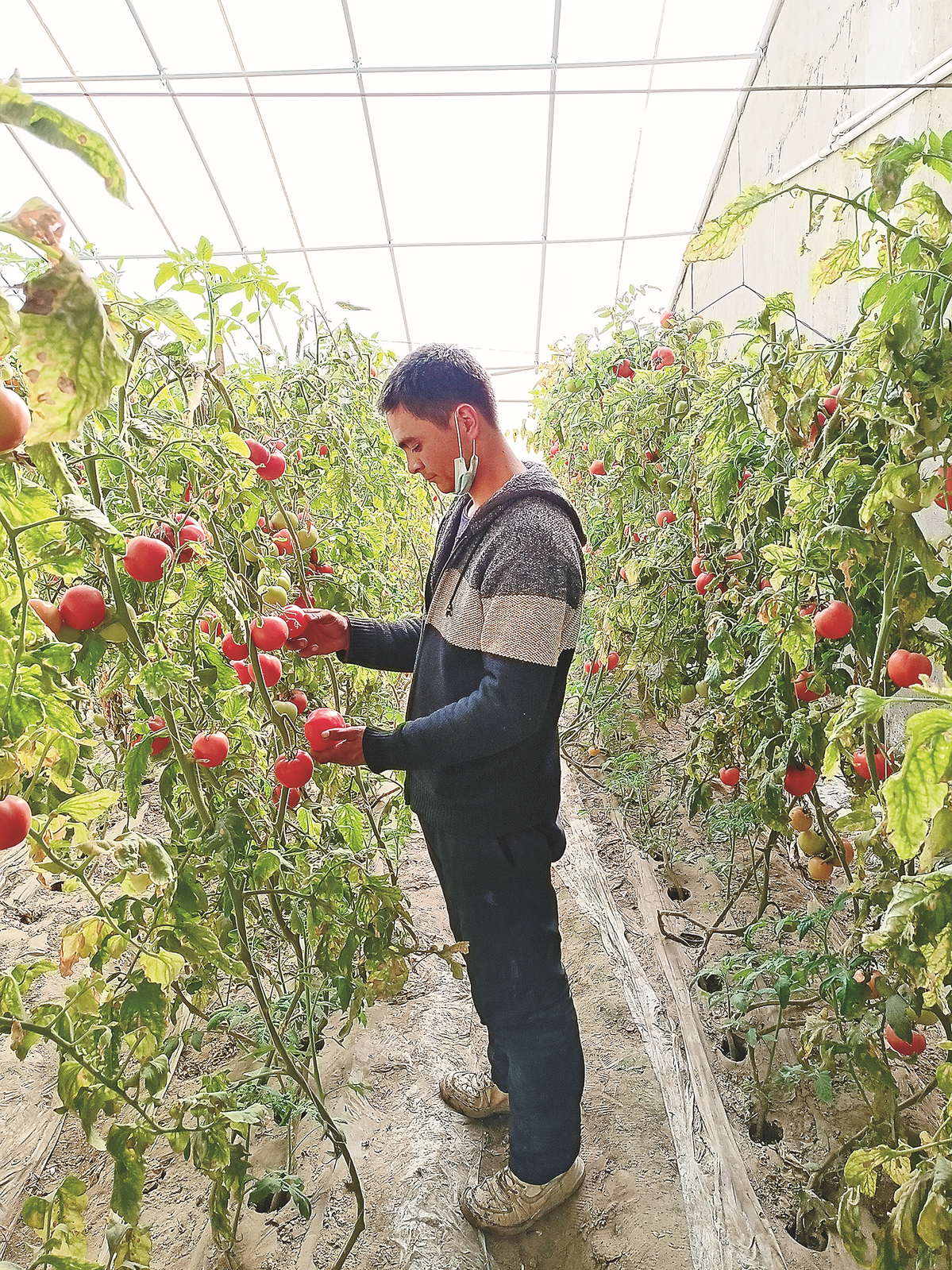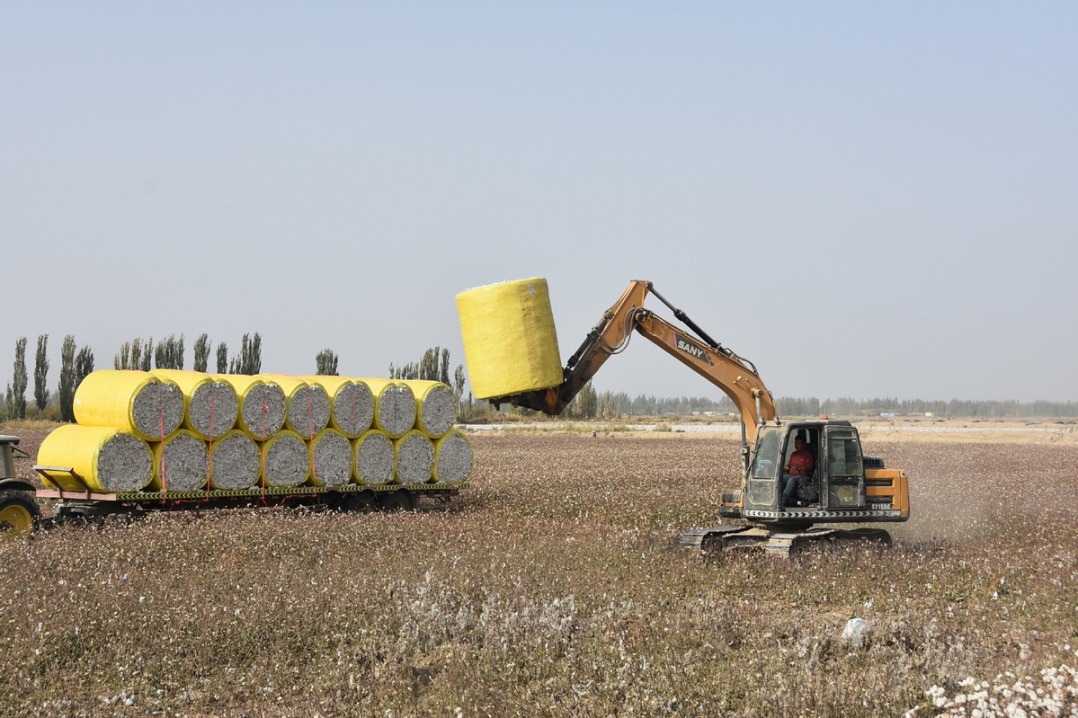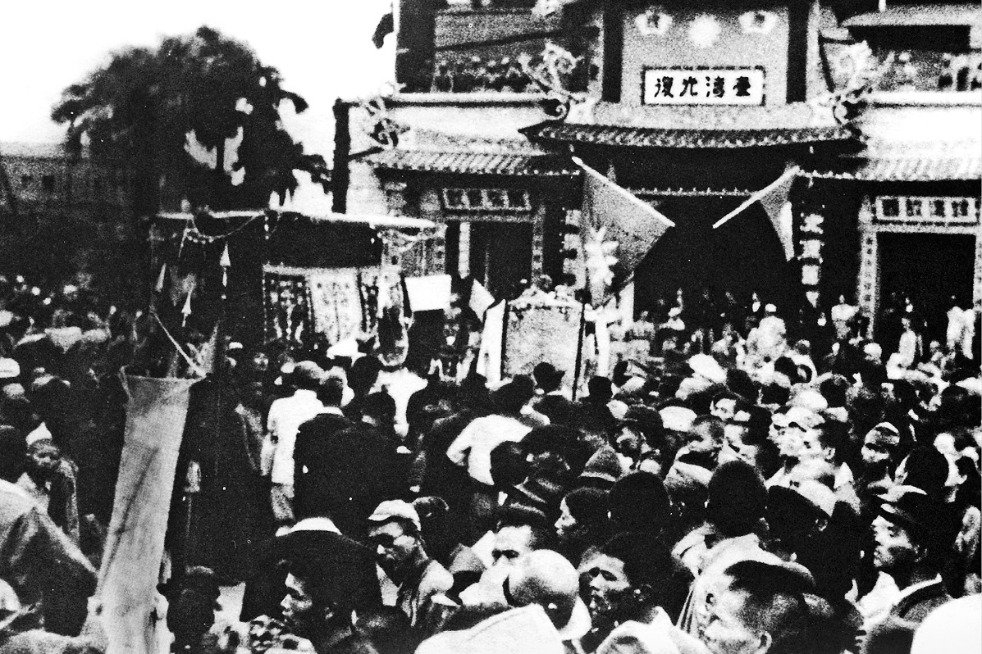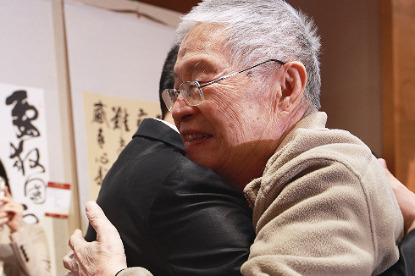Relocation of farmers boosts local incomes and improves lives


Facility agriculture, the use of specific sites to grow crops, has helped lift Turson Memutyimin out of poverty to start his own business in Aktash town, Kashgar prefecture, the largest relocation site in the Xinjiang Uygur autonomous region.
In 2019, Turson's family of five was relocated to the town from a mountainous area under measures used by the local authorities to lift people in remote areas out of poverty after 2018.
The 30-year-old used to earn 20,000 to 30,000 yuan ($3,150 to $4,725) a year by farming less than 1 hectare.
After he started working for a local greenhouse owner, Turson-a member of the Uygur ethnic group-learned both Mandarin and cultivation skills from his Han counterpart, Yuan Zhuye, becoming a proficient grower.
He has constantly improved the quality of vegetable production and helped other Uygur growers gain the requisite skills. Last year, he oversaw four greenhouses by himself, earning 50,000 yuan.
"The technical requirements for growing vegetables are higher than before, and I still lack professional knowledge, such as pest prevention techniques. I was anxious when the tomatoes caught diseases. I hope more villagers will become richer by joining the greenhouse industry," he said.
The town has built an agricultural base-with 1,262 greenhouses and 1,800 arch-roofed sheds spread across 200 hectares-to provide jobs for more than 900 relocated people, who have seen their incomes rise as they acquire skills.
Aktash has also consolidated its poverty alleviation triumphs through the fruit and vegetable industry, and it also plans to build a processing industrial park and 400 solar-powered greenhouses this year, local authorities said.
So far, all 7,030 people in the town have landed jobs in sectors such as facility agriculture, animal husbandry, textiles and clothing.
Last year, the per capita disposable income of rural residents who have shaken off poverty in Xinjiang reached 14,798 yuan, a year-on-year rise of 12.08 percent, according to Chen Lei, an official with the region's rural vitalization bureau, speaking at a news conference last month.
Chen said Xinjiang will focus on developing industry and ensuring employment by making good use of special funds for industrial development.
"We will target four prefectures in southern Xinjiang and establish industries such as cotton textiles, grape growing and wine," he said.
He added that the region will support leading agricultural industrialization businesses and cultivate well-known local specialties.
The prefectures in southern Xinjiang-Hotan, Kashgar, Aksu and the Kezilesu Kirgiz autonomous prefecture-once proved a challenge for the national poverty alleviation project due to their poor natural conditions and weak infrastructure, he noted.
As of October 2020, all Xinjiang's impoverished counties had been lifted out of poverty, Chen added.

- Jingdezhen a 'rare space' for creators, French ceramic artist says
- China revitalizes 88 key rivers, lakes in ecological restoration drive
- La Nina weather pattern could bring extreme cold, droughts, says NCC
- A march of faith: 74-year-old Hong Kong man retraces the Long March on foot
- Tianjin hosts events highlighting status as international destination
- Chinese startup Interphase takes top prize at Kering Generation Award





































